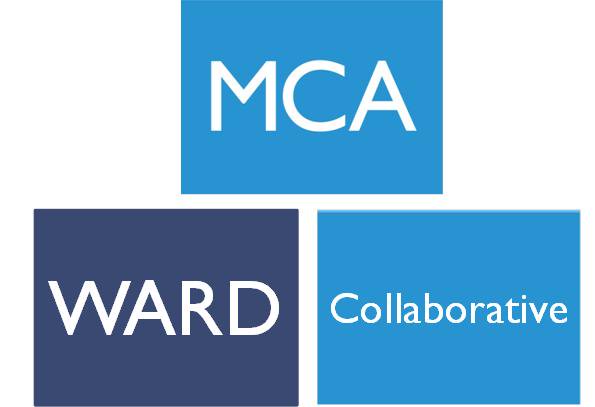The MCA has now trained 143 coaches. The course is an experiential learning programme where participants coach a frontline team over the course of the programme and beyond.
As part of cohort 5 the Service Improvement team introduced a MCA ward collaborative to build on learning from the Respiratory Ward Change Room which started in 2010.
Over the last 5 years this has successfully developed services and has achieved many improvements including a 2 day reduction in length of stay and improvements in safety and mortality.
Building on this learning, the ward collaborative aims -
- To spread the improvement approach and learning from the Respiratory Change Room to maximise opportunities for shared learning and teaching.
- To build improvement capability in the teams and create an opportunity for wards to learn from each other, share improvements and good ideas to accelerate the rate of improvement for patients – learning sessions for teams as well as coaches.
- To trial co-coaching by pairing new microsystem coaches with those with more experience with the aim of developing skills, supporting new coaching and building additional resilience into the coaching model.
Twelve wards joined the collaborative from specialities including Care of the Elderly, Cardiology, Gastroenterology, Infectious Diseases, Spinal Injuries and Orthopaedics. The wards participated in four learning sessions over the one year course and also participated in three action learning style meetings which built improvement capability in the teams and created an opportunity for wards to learn from each other, share improvements and good ideas to accelerate the rate of improvement for patients. The teams were coached to use the Microsystem Improvement Ramp to enable them to carry out small tests of change, measure improvement and develop change ideas. They could also share improvements and good ideas to accelerate the rate of improvement for patients.
12 wards remain successfully involved in the programme and are all testing changes - themes include; MDT meeting processes, discharge processes, noise levels on the wards, ward rounds, handovers, patient information, standardising paperwork, patient nutrition, daily board rounds and patient entertainment.
Successes to date include:
• A reduction in time taken to complete e-discharge information from 41hrs to 12hrs for some of the Geriatric Wards.
• The introduction of a structured approach to ward rounds meaning that patients now have clear goals and meetings are focused allowing staff to return to care for patients at a consistent time.
• Improving daily board rounds on the Gastroenterology wards resulting in consistent start times and increased consistency
• Improving the experience of ward attenders on Infectious diseases by using process mapping to clarify the process and ensure patients were dealt with efficiently on arrival to the ward.
The process has not been without challenges, such as finding time to meet weekly, communication to the wider team, and process measurement. However, those wards and coaches that participated found value and support in the opportunity to work as part of larger collaborative – “There is real value in feedback, sharing ideas and in reassurance about pace” “The Co-coaching has been most valuable, instant feedback - asking did I talk too much!” “We’ve realised that this is not linear, and doesn’t fit into boxes, we took it back to basics and met the ward where they are at and tried to keep things simple”
The ward collaborative engaged with over 100 staff from consultants to housekeepers, domestics and patients. The MCA are currently running an Outpatient Collaborative and start the MCA Weston Park Collaborative in June 2016.
For more information please contact [email protected]

